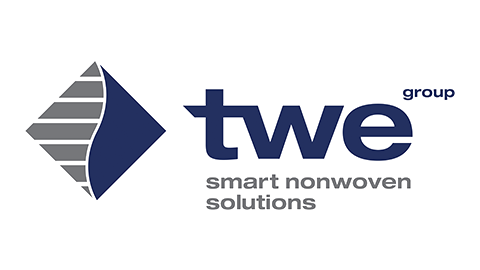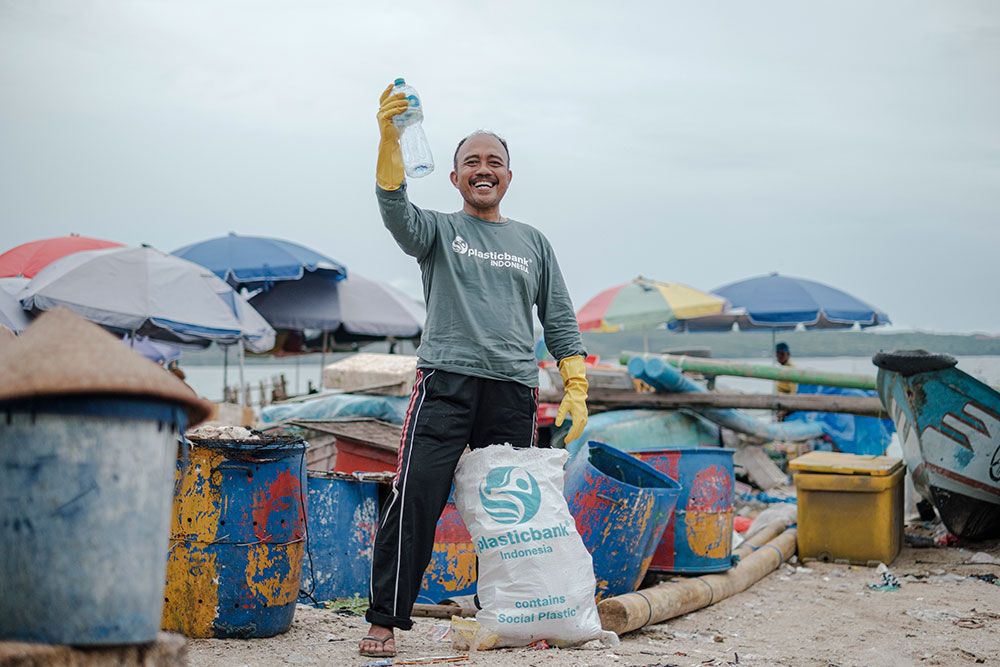
Plastic Bank’s Partnership with TWE
Plastic Bank collaborates with TWE to make environmental and social impact
TWE strives for responsible business operations. By using ocean-bound post-consumer PET plastic and converting it into polyester fibers used in their operations, TWE has actively reduced their greenhouse gas emissions. They are also able to help prevent plastic from entering the ocean in collaboration with Plastic Bank. These actions are directly linked to SDG no 12 (responsible consumption and production) and SDG no 14 (life below water).
TWE pursues an active social commitment. In collaboration with Plastic Bank, TWE contributes to providing life-improving benefits for collection members in vulnerable coastal areas. These actions are directly linked to SDG no. 1 (no poverty), SDG no 2 (zero hunger) and SDG no 8 (decent work and economic growth).
Stopping Ocean Plastic While Improving Lives
TWE has partnered with Plastic Bank specifically to make a positive social impact in addition to removing ocean-bound plastic from the environment. By using Social Plastic® feedstock, TWE helps to improve the lives of collection members in vulnerable coastal areas by providing access to benefits such as secure income, health insurance, grocery vouchers, internet data, and more.

Hugo Christiaen
Director CSR for TWE Group
The world already has all the plastic it will ever need, and together with partners like TWE Group, we are giving new life to old plastic and substituting the need for virgin plastic production. By integrating our Social Plastic® feedstock into products, TWE Group is creating sustainable options for consumers.
David Katz
Founder of Plastic Bank
Meet Our Global Partners
We’re the environment’s alchemist – turning plastic into gold. Become part of the solution by activating your business with one of our partnership programs
Meet Our Global Partners
We’re the environment’s alchemist – turning plastic into gold. Become part of the solution by activating your business with one of our partnership programs